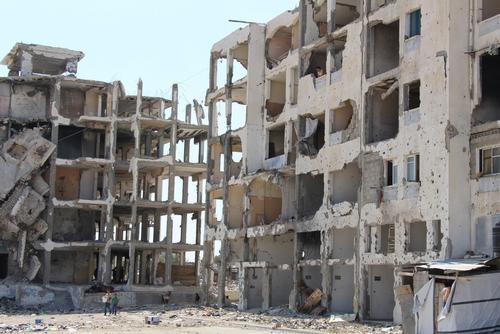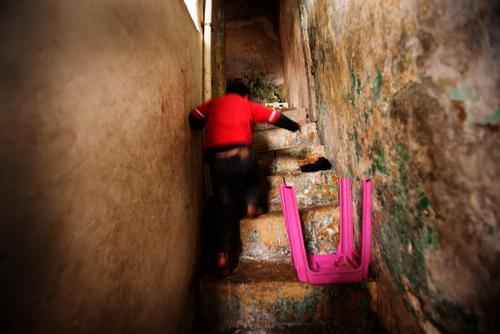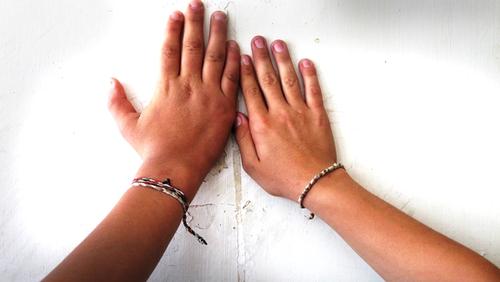Tensions in the Palestinian city of Hebron have spiralled over recent weeks, with a heavy military presence in the city and tensions rising between Palestinian families living in H2, located in the old part of the city, and the nearby Israeli settlers. Since this peak in violence that started on 2 October, MSF teams in Hebron, the largest city in West Bank, have helped approximately five times as many patients as they would during a regular period of activities.
Over this period MSF has provided mental health psycho-social services to around 521 patients, with 40 group psycho-educations sessions at community level and 95 psychological first aid (PFA) services. MSF mental health and psychosocial support teams are visiting hospitals, and families of Palestinians injured or killed by the Israeli army, as well as areas affected by attacks by the Israeli army and settlers. MSF is also in contact with local institutions and organizations that have been trained by MSF in the past so that they offer PFA services to their communities and refer those cases that need follow up.
“Under the current circumstances our patients are suffering from fear, anxiety, psychosomatic complaints, anger, frustration, and hopelessness. Children often suffer from bed-wetting; they are scared to leave their home and to go to school, they lack the energy to study and cannot concentrate,” explains Marcos Matias Moyano, MSF psychologist in Hebron. “Many adults are facing sleeping and eating problems, crying, fear and despair. Although this is a protracted conflict, the level of acute stress we have seen among our patients in the past weeks is concerning. It will have a serious impact on people’s ability to cope,” he adds.
Frequent protests, attacks, killings, shootings cannot be viewed in isolation from the decades of regular and recurrent violence in the West Bank. Today, almost three weeks into the protests, violent clashes and assaults continue to have a major impact on people’s lives, well-being and mobility. Restriction in movements, recurring night incursions, home demolitions, settler harassment and attacks, and the disintegration of families due to detention or killing of relatives not only generates physical injuries but often leads to psychological traumas.
Children are the most affected
According to reports from women who took part in a psycho-education session in the Jabel Juhar area in H2, they are subject to violence from the settlers, who mainly attack during the night, and sometimes continue until the early morning. A community leader in this area told MSF that the most affected by this violence are the children; approximately 70 children live in the neighbourhood.
MSF has also provided Alia Hospital (Hebron Governmental Hospital) with some medicines, medical material and equipment, as the need to provide care to the injured people is escalating. Similarly, MSF has also donated medication and medical materials to the Hebron Charitable Centre.
MSF has an elaborate and well-established presence in Palestine, providing impartial mental health care free of charge to the people most in need and in response to the violent impact of the occupation.
In the West Bank, MSF has been running mental health programmes in Jenin, Hebron, Nablus and Qalqilya governorates since 2000, and started working in Hebron in 1996.
In Gaza MSF is providing medical care including surgery, post-operative care, specialised dressings care, psychological care, occupational therapy and physiotherapy. MSF addresses specific medical needs that cannot be met by Gaza’s health service, and responds to the direct or indirect consequences of violence.





